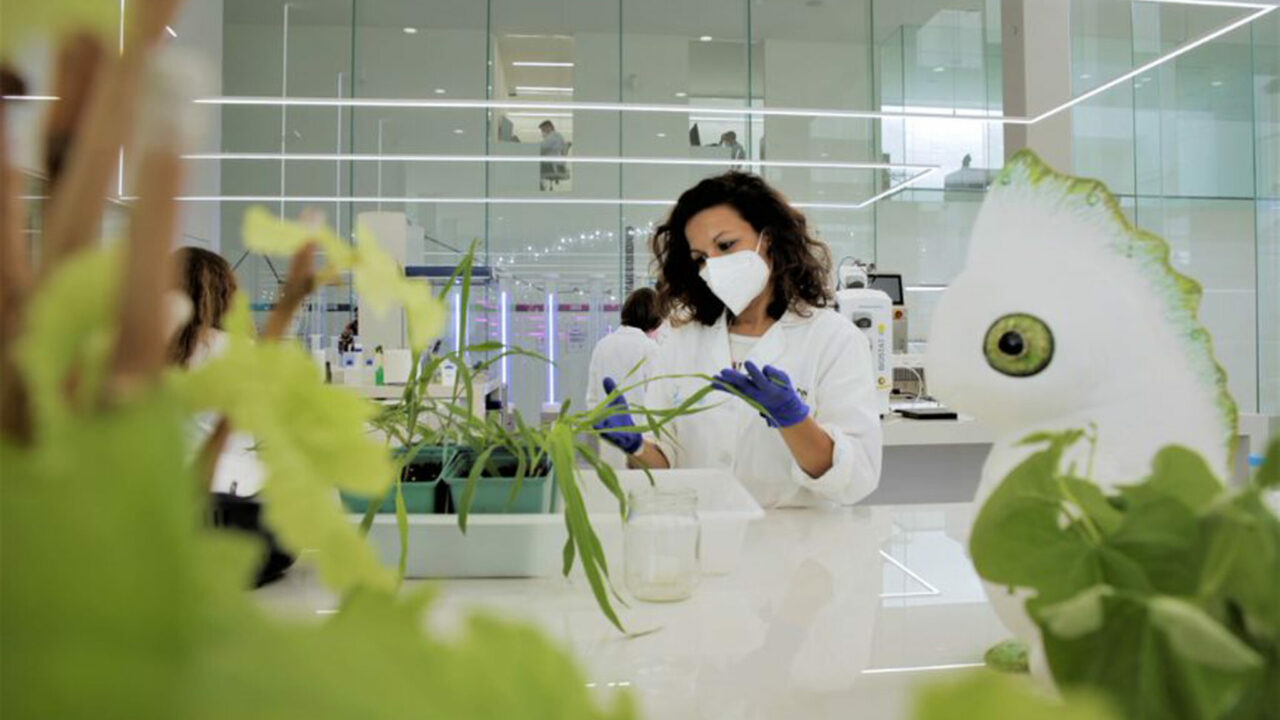A two-year project led by the Royal Agricultural University (RAU) is looking at focus farms in the UK to highlight positive and negative impacts of lab-grown meat.
A number of focus groups have already been studied with beef, pig, poultry, dairy, sheep and arable farmers from across the UK, looking at the attitudes of these farmers towards the increase of lab-grown meat.
As a result, recurring themes of possible threats to food and farming were highlighted.
RAU is now seeking a team of up to eight farms to take part in the project, which would model “how their business could change in a world with cultured meat”.
RAU is asking farmers interested in collaborating to get in touch through their website.
Lab-grown meat
Lab-grown meat is one type of meat substitute, and according to RAU it has attracted interest from investors, because of its “potential to have the same taste and texture as conventional meat”.
Illtud Dunsford, founder of ‘Cellular Agriculture’ came from a “small” farming family in west Wales.
His family diversified the farm business about 15 years ago into a meat processing business. They went from supporting their own farm and food that they produced, to supporting about 19 farms.
Dunsford does not think the production of lab-grown meat will end agricultural practice.
“The challenge is to feed everybody, and in order to do that we need a set of tools to be able, and this is just one of them. It’s not a replacement technology or anti-animal,” Dunsford said.
This project is just one of 11 that was awarded funding under the government’s Transforming UK Food Systems Strategic Priorities Fund (SPF) programme.
One of the funded projects includes research by University of Bristol: ‘Sustainable nutrition, environment, and agriculture, without consumer knowledge’.
The research project aims to generate a 15-30% reduction in both the carbon footprint of meals and their sugar, fat, and salt content.

